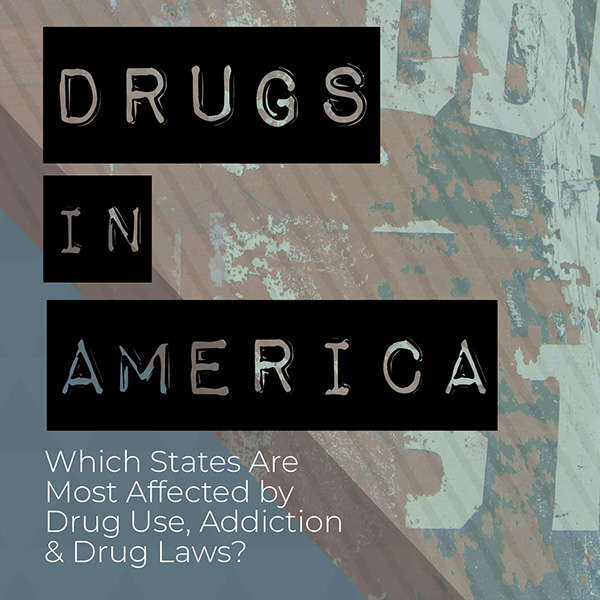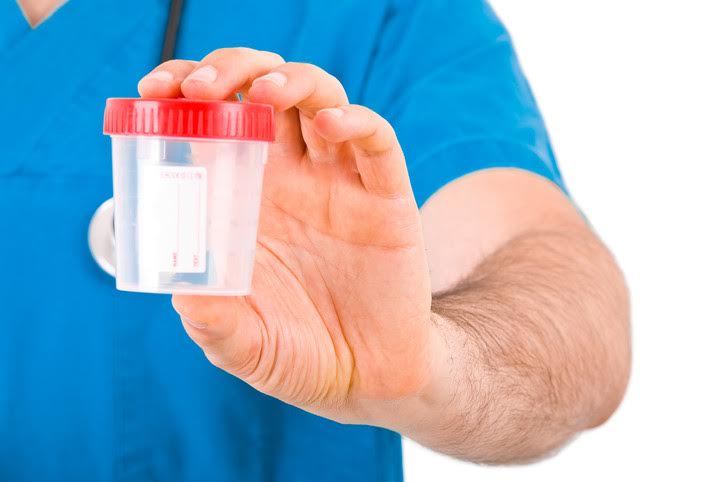US Drug Test Centers Blog
The Kratom Debate | US Drug Test Centers
According to DrugAbuse.gov, Kratom is a tropical tree in Southeast Asia, native to Thailand, Malaysia, Indonesia, and Papua New Guinea. Its leaves contain compounds that can have mind-altering effects. You can consume it in pill or capsule form, as well as an extract. People will also chew the leaves, or dry and smoke them. Worth noting is that the use of kratom has been outlawed in Southeast Asian countries.
Kratom been used as a "natural" alternative to treat anxiety, depression, pain, diarrhea, fatigue, and opioid addiction, but the FDA has concerns about it, and sharp warnings about using it in treatment are hitting the press.
Kratom's Scary Risks and Side Effects
As CNN reports, the FDA says there are "deadly risks" in using kratom because it has opioid-like effects. CNN continues, "At low doses, it acts like a stimulant; at higher doses, it sedates, dulling pain – which has also made it popular as an over-the-counter remedy for opioid withdrawal." Side effects include:
- Seizures.
- Hallucinations.
- Nausea.
- Sweating.
- Dry mouth.
- Itching.
- Increased urination.
- Constipation.
- Loss of appetite.
- Confusion.
In a statement, the Commissioner of the FDA says, "It's very troubling to the FDA that patients believe they can use kratom to treat opioid withdrawal symptoms. There is no reliable evidence to support the use of kratom as a treatment for opioid use disorder. In fact, there are concerns that kratom could make the opioid epidemic even worse." In other words, the belief that kratom can be safely used to treat opioid addiction is completely unfounded.
Furthermore, similar to any other herbal alternative you'd buy online, there's always a chance that the kratom you purchase can be contaminated. Without quality control, it could be mixed with illegal substances, black market prescription medications, or other poisonous substances.
And yes, kratom can be deadly. According to this report, there have been 36 deaths that involved kratom, as well as a "tenfold increase" to poison control centers about the side effects of the supplement. These side effects can include seizures, liver damage, and symptoms of withdrawal. (In 2016, the DEA wanted to put kratom on the Schedule 1 drug list, meaning it has "no currently accepted medical use and a high potential for abuse," but the DEA would later back down from this.)
Several of the active ingredients in kratom could prove to be more powerful than morphine, while another active ingredient is not addictive and could prove helpful. As one researcher told CNN, "I think it has the potential to be a pharmacotherapy, but we need to do more studies."
Can You Get Addicted to Kratom?
DrugAbuse.gov notes that similar to other drugs that have opioid-life effects, kratom can cause dependence. This means when you stop using it, you'll experience withdrawal symptoms similar to opioid withdrawal. These symptoms include:
- Insomnia.
- Aggression.
- Irritability.
- Jerky movements.
- Muscle aches.
- Hostility.
- Runny nose.
- Stomach cramps.
It's clear that kratom is not a safe alternative to treat physical and mental health conditions.
Drug abuse can be costly in more ways than one. We can help. Contact US Drug Test Centers today.























